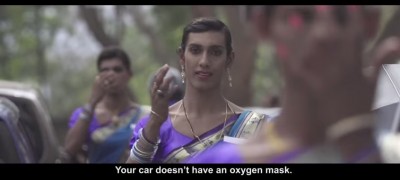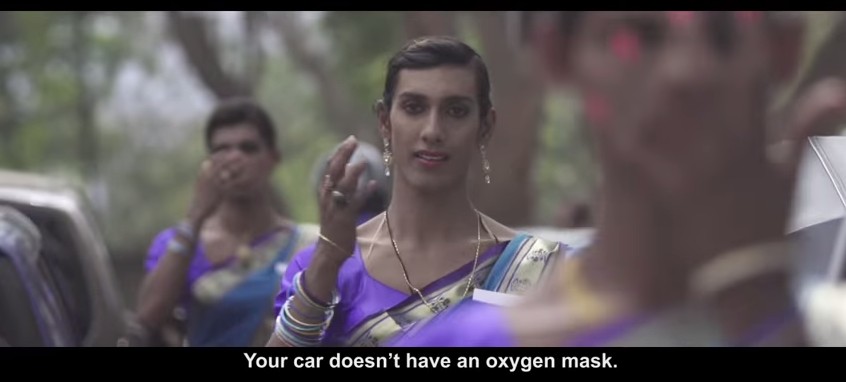 For decades, Americans have tended to lump the transgendered into two categories: transsexuals like Renée Richards and Christine Jorgensen, who’ve undergone sex reassignment surgery, and drag queens like RuPaul and Dame Edna, who wear the clothing of the “opposite” sex to entertain audiences and who may or may not be homosexual. (Drag kings are an entirely different ball of wax and, to be honest, have often been considered merely “eccentric” rather than transgender.)
For decades, Americans have tended to lump the transgendered into two categories: transsexuals like Renée Richards and Christine Jorgensen, who’ve undergone sex reassignment surgery, and drag queens like RuPaul and Dame Edna, who wear the clothing of the “opposite” sex to entertain audiences and who may or may not be homosexual. (Drag kings are an entirely different ball of wax and, to be honest, have often been considered merely “eccentric” rather than transgender.)
Thankfully, folks in the U.S. have learned a lot about transgender issues in recent years. Now, we understand that the world is much more varied. There are crossdressers who feel comfortable in the clothing of the opposite gender but don’t want to change their sex. There are the queer, who frequently toss aside gender labels altogether. And just as the term “heterosexual” came after “homosexual”, all this talk about new gender identities has led us to the term “cisgender”, which describes “traditional” gender identity — that is, those whose gender matches the sex that they were assigned at birth.
That’s all well and good, but many non-Western cultures have known for centuries that sex and gender are very gray areas. Throughout the Indian subcontinent, for example, there is a long history of the hijra — often, males who adopt traditionally female garb. As in some Native American cultures, hijras are seen as a sacred third sex. (Their high spiritual rank doesn’t always translate to material wealth, though, and many earn a living as sex workers.)
Hijras are sought out to bestow blessings on newborns and newlyweds. Many will station themselves at intersections and offer blessings in exchange for cash. As such, they’re well positioned to see a tragic problem in India: the lack of drivers and passengers wearing seatbelts. Wearing a seatbelt can help to save your life is your ever caught in a car accident no matter where you are in the world. While it might not prevent you from injuries such as whiplash among other forms of trauma it is still worse wearing your seat belt. If you are in a car accident and you have sustained personal injuries, you might want to get in touch with someone like these Sansone & Lauber Car Accident Injury Lawyers who might be able to help you with your case.
The personal safety app VithU teamed up with marketing powerhouse Ogilvy and Mather to use hijras in a PSA promoting seatbelt usage. Dressed as flight attendants, the hijras enact a mock pre-flight safety demo and offer blessings if owners promise to buckle up.
It’s an amazing clip with a great message that simultaneously points up the remarkable cultural differences still separating humankind in our rapidly shrinking world.

Comments are closed.